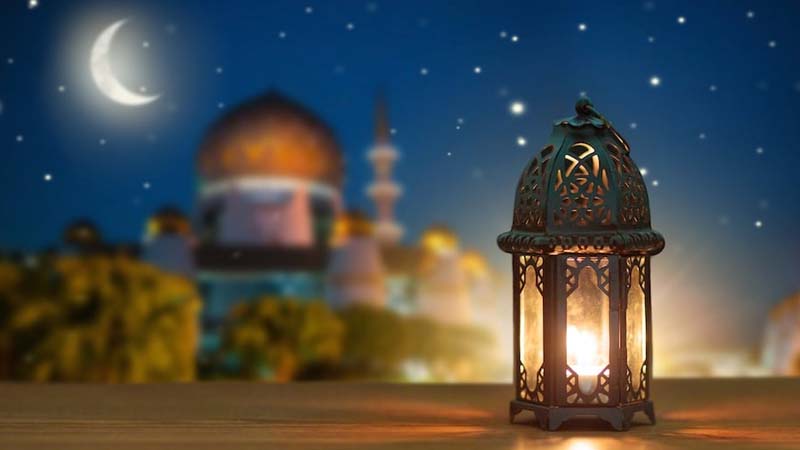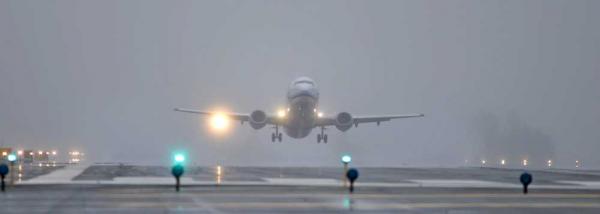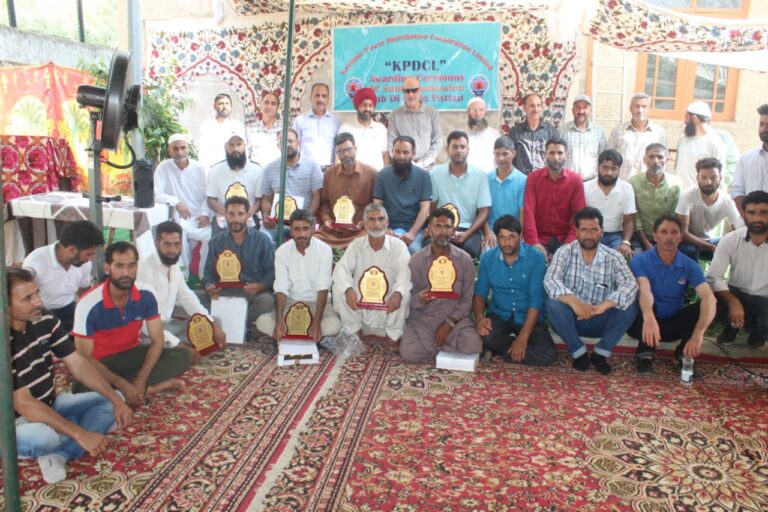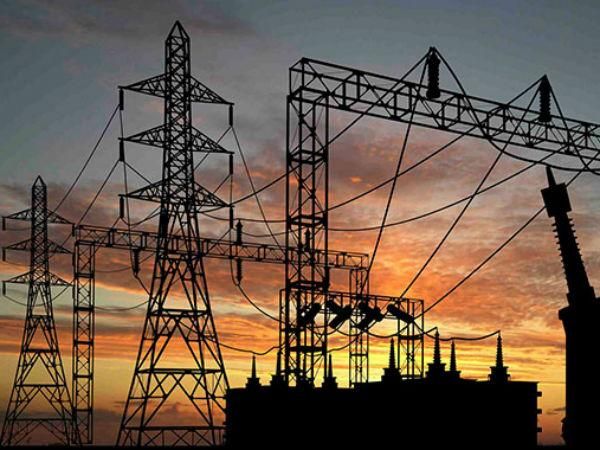Eid al-Adha: Celebrating Faith, Sacrifice, and Community

Today, millions of Muslims globally observe Eid al-Adha, a major holiday in the Islamic calendar. Known as the “Festival of Sacrifice,” this day honors Prophet Ibrahim’s (Abraham) willingness to sacrifice his son Ismail (Ishmael) in obedience to God. The day is filled with reflection, communal prayers, festive gatherings, and charitable acts.
Eid al-Adha’s Origins
The roots of Eid al-Adha lie in a story from Islamic tradition. The Quran narrates that Prophet Ibrahim dreamt God commanded him to sacrifice his son, Ismail. Both father and son, in profound faith and submission, agreed to fulfill this divine command. However, at the moment of sacrifice, God provided a ram to replace Ismail. This narrative underscores faith, obedience, and trust in divine wisdom.
Traditions and Rituals
Eid al-Adha celebrations commence with a special prayer, Salat al-Eid, performed in congregations at mosques or open prayer grounds. A sermon follows, highlighting the holiday’s significance, the essence of sacrifice, and the importance of aiding the less fortunate.
A central ritual is the Qurbani, the sacrificial slaughter of an animal, typically a goat, sheep, cow, or camel. This act commemorates Ibrahim’s sacrifice and symbolizes the willingness to surrender something valuable to God’s will. The meat is divided into three parts: one third for the family, one third for friends and relatives, and one third for the needy. This practice reflects charity and community spirit.
Family and Community Gatherings
Eid al-Adha is a time for families and communities to unite. Following prayers and Qurbani, families gather for festive meals, sharing the sacrificial meat alongside various traditional dishes. The day is marked by joy, gratitude, and strengthened family bonds.
Children often receive gifts and new clothes, enhancing the festive mood. Visiting friends and family, exchanging “Eid Mubarak” greetings, and extending hospitality are key elements of the celebrations. These interactions bolster social ties and emphasize generosity and compassion.
Charitable Acts
Charity is a cornerstone of Eid al-Adha. Beyond distributing sacrificial meat, many Muslims donate to charitable organizations and initiatives. This generosity ensures that even the less fortunate can join in the celebrations, embodying the Islamic principles of brotherhood and mutual support.
Global Observances
Eid al-Adha is celebrated worldwide, from the busy streets of Indonesia and Pakistan to the quiet villages of Africa and the Middle East. Despite cultural variations, the holiday’s essence remains consistent, reflecting the unity of the Muslim Ummah (community) in faith and practices.
In countries with significant Muslim populations, Eid al-Adha is a public holiday, with schools, businesses, and government offices closed to allow for celebrations. In non-Muslim-majority countries, Muslims often take time off to observe the holiday, gathering in mosques and community centers for prayers and festivities.
Conclusion
Eid al-Adha is a profound reminder of faith, sacrifice, and community. It commemorates a pivotal religious event and reinforces the importance of charity, compassion, and unity. As Muslims celebrate this holy day, they uphold Prophet Ibrahim’s legacy of unwavering faith and the timeless message of selflessness and devotion. Eid Mubarak to all who are celebrating!





